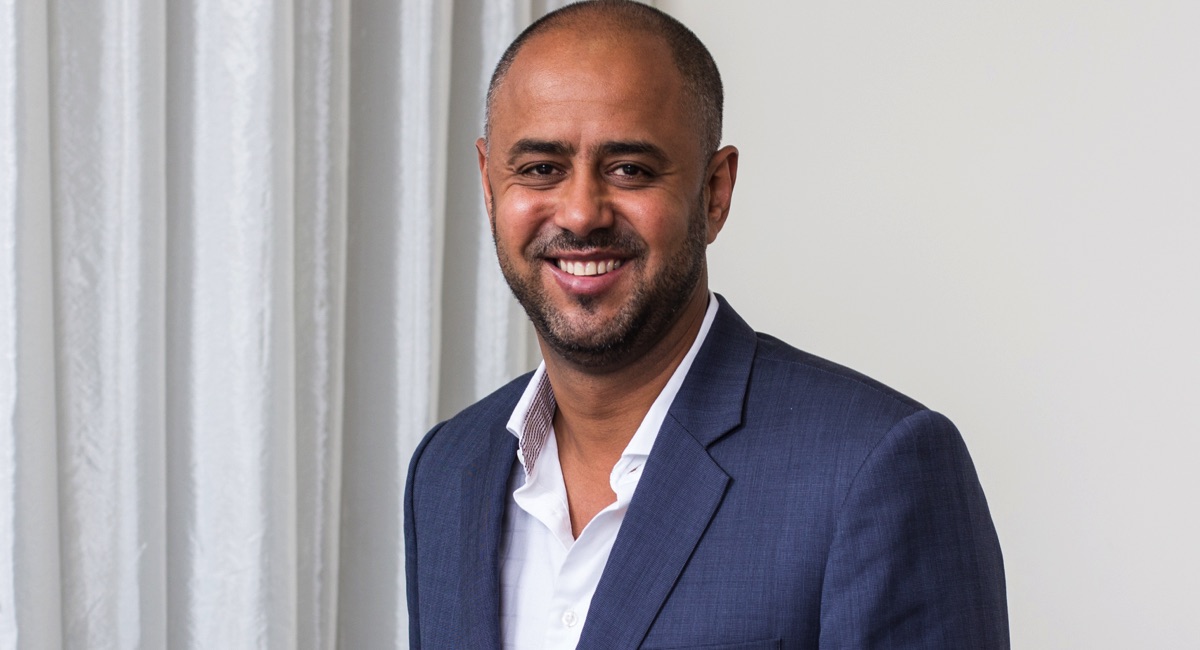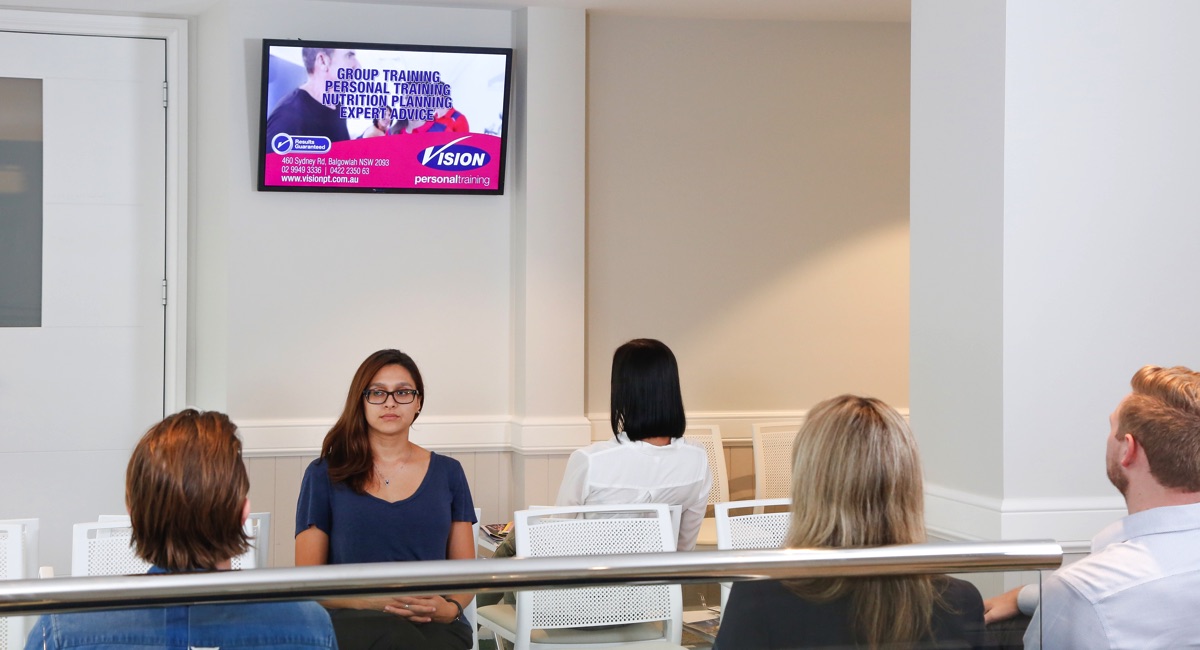The fast-growing out-of-home medical specialist made some noise this month as it welcomed former NEC chief revenue officer Peter Wiltshire, who became an investor and joined the board.
MORE: Peter Wiltshire joins the board of fast-growing out-of-home network
To explain Medical Channel’s recent growth, Mediaweek spoke with chief executive Nazar Musa.
After leaving LivingSocial.com, an online marketplace, Musa came across Medical Channel after being introduced to investor Dr Phillip Wing, who had just invested in the business. “He asked me to come across from Singapore where I was living to look at the business and to give him my thoughts.
“It was immediately apparent they had a great idea – they had a captive audience in doctors’ waiting rooms in a space that was growing. However, they were trying to sell advertising when they had only close to 400 screens. My feedback at the time was they were trying to run before they could walk. I suggested they needed to get a meaningful number of screens and then the advertising would come.”
Wing subsequently asked Musa to come and run the business. He initially said no, but in January 2016 he agreed to join for six months while he commuted from Singapore to Sydney each week. “During that six months we had a couple of acquisition opportunities and we organically grew. When I eventually moved to Australia in September 2016, we had around 3,300 hundred screens.”
One of those acquisitions was Medical Media, which has screens in doctors’ staff rooms, acquired from Cirrus Media. Having a screen in the doctor’s staff room means ads can be run promoting prescription drugs, something that is not permitted in public waiting rooms. “Medical Media gives advertisers the chance to get in front of doctors with medically relevant content.”
In 2016 Medical Channel also looked at Community Network, which it also acquired. To fund that acquisition new investors joined the business, on the condition that Musa relocate to take the top job. Those new investors included Darren Smorgon‘s Sandbar Investments and the private equity arm of Wingate Group.
“We now have a significant national audience reaching over 6m people a month, as detailed by Medicare records. What Community Network did well was focus on selling advertising to small businesses who shared the same patients and customers as the doctors. That opened up new advertising opportunities for us.”
The way the business has been set up, Musa noted they can now tailor an individual message for every location if needed. “We have an IP address for every screen. We don’t have sound on any screens, so we can run messaging in different languages if needed on those screens if the practice targets a particular community.”
Staff numbers at the expanded Medical Channel group have grown dramatically with 82 people joining the business in the past four months.
“When we acquired Community Network our business was just 10 people. They had a call centre on the Gold Coast which created leads and made appointments for sales people. It also outsourced content to the Philippines and outsourced finance.”
When Medical Channel took over, it made some significant changes. The call centre and sales teams were replaced leading to staff numbers now close to 100. Seventeen of that team are sales people. “We also recruited a content production team which was based in Australia,” said Musa.
Musa noted there are close to 6,500 GP businesses in Australia. “We are the market leader by far and we are confident we can probably get to around 75% of those GPs. Growth beyond that means we start looking at where else the patients go. That might mean visits to specialists and pharmacies.”
As well as widening the spread of the footprint in Australia, the group might start international expansion. “At the moment we are focused on the Australian GP market before we the next stage.”
One of Medical Channel’s competitors is Tonic Health who was featured in Mediaweek last August when we spoke with executive director Dr Norman Swan. “They are a different kind of business, a content business,” Musa said. “Our loops are 10 minutes long. The average wait time in a doctor’s practice is 30 minutes which means it can be seen three times during the average wait. Tonic Health has an hour-long loop which is more like a TV program.”
In terms of digital screens, Medical Channel group outnumbers Tonic nearly three to one, said Musa.
The channel has been on a roadshow this month visiting agencies to explain its expanded offering. “We could have started talking in depth to media agencies several months ago. However, I didn’t want to visit them until I was confident about what we could offer an agency. It had to be best in market and we are confident it now is.
“Peter Wiltshire has helped us shape that offer and we can now deliver incredible data about our customers with detailed post-campaign reporting.”


